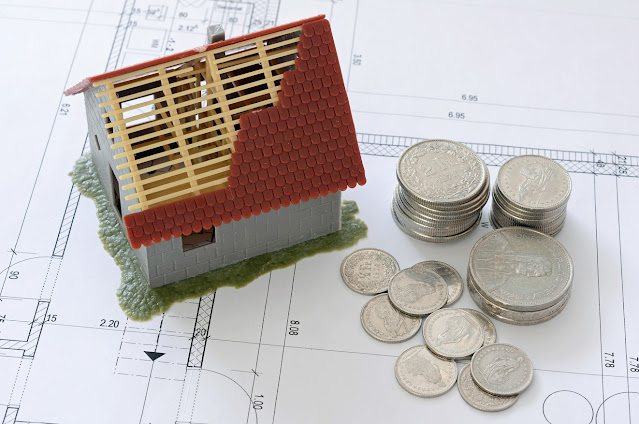Paying the mortgage can be a difficult task, especially when you've had a change in your job situation or if the taxes on your property keep going up.
Thus, you might have found yourself in a situation where you need to get extra funds for your mortgage. Fortunately, you have plenty of options to pursue.
When you're a little bit short on cash and need a short-term solution for this month only, see if you have any cash rewards available that you aren't currently using.
Many people aren't using certain benefits that they are entitled to. For example, in the event that you are suffering from the long-term effects of a disease or if you are experiencing struggles with a disability, you might be entitled to compensation or other forms of financial relief.
Sometimes, situations arise where you don't have too many options for getting the money in right now. Thus, you might be tempted to simply ignore the bills. Instead of allowing the problem to grow worse, call your mortgage lender.
While you might have the necessary money to pay the base mortgage, you may be struggling with the interest rate. Looking into refinancing is a smart way to reduce the amount of money you have to pay every month.
Check for Cash Rewards
When you're a little bit short on cash and need a short-term solution for this month only, see if you have any cash rewards available that you aren't currently using.
For example, you might have a credit card that offers cash rewards. Check to see if you can cash out on those rewards. Then, you can put that money toward your mortgage.
Do note that credit card rewards tend to take some time to build, so this solution isn't a useful long-term plan.
Research Relief Plans
Many people aren't using certain benefits that they are entitled to. For example, in the event that you are suffering from the long-term effects of a disease or if you are experiencing struggles with a disability, you might be entitled to compensation or other forms of financial relief.
Researching programs specific to your needs can help you to find the money necessary to pay the mortgage both now and in the future.
Call Your Mortgage Provider
Sometimes, situations arise where you don't have too many options for getting the money in right now. Thus, you might be tempted to simply ignore the bills. Instead of allowing the problem to grow worse, call your mortgage lender.
Let the representative know what is going on and when you expect to be able to pay your bill again. The lending company may be able to work out an agreement with you. Do keep in mind that the mortgage may accrue more interest as a result.
Refinance Your Mortgage
While you might have the necessary money to pay the base mortgage, you may be struggling with the interest rate. Looking into refinancing is a smart way to reduce the amount of money you have to pay every month.
Check into the current interest rates in the area. In fact, if you have equity in your home, you might be able to refinance with cash out, which means you'll have some extra money in the bank.
You can look to companies like Fairway PNW to find lenders that are willing to work with your needs.
Staring at a mortgage bill while not knowing how to pay it is a frightening experience. Fortunately, help is available if you’re willing to reach out to others for it, or get creative in your methods of getting the necessary funds as quickly as possible.
Staring at a mortgage bill while not knowing how to pay it is a frightening experience. Fortunately, help is available if you’re willing to reach out to others for it, or get creative in your methods of getting the necessary funds as quickly as possible.
Don’t be afraid to seek out cash where you can find it, like from cash rewards you’ve earned. Also, don’t be afraid to get in contact with the people you owe the money to.
Keeping them informed may make them more lenient or at the very least willing to work with you, as opposed to simply saying nothing and allowing your bills to go unpaid.















